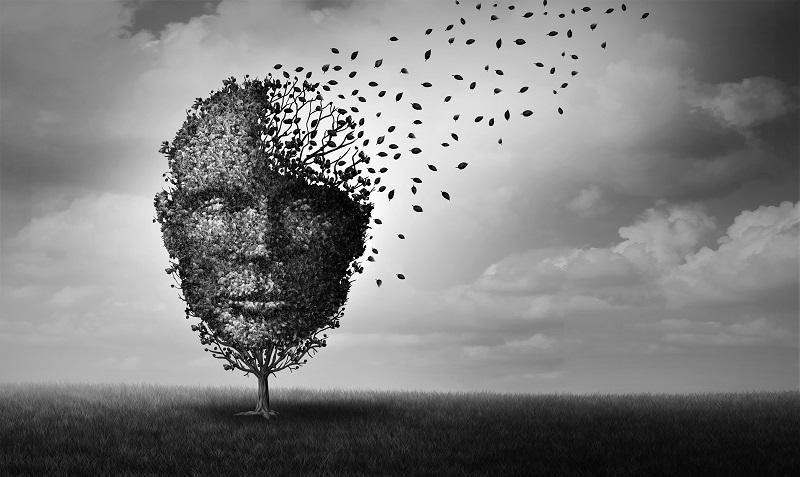Depression
Depression is a low mood condition. The World Health Organisation (WHO) describes depression as a worldwide common illness that affects 264 million people. It is different from usual mood fluctuations and when long lasting with moderate to severe intensity, it can become a serious health condition. Mind UK highlight the suicidal ideation that can stem from depression. They also define it as a low mood lasting for a long time and affects your everyday life. It may not stop your daily activities, but things can seem harder to do and feel pointless for no reason.

Symptoms of depression and other low mood conditions such as anxiety are expressed in different ways among people in African and Caribbean Heritage (ACH) communities. In very subtle ways triggers can stem from racial oppression in our educational and employment institutions, police discrimination and in many systemic ways within the structure of how we live day to day.
The Nuffield Foundation have found significant disparities with higher levels of depression and anxiety through Covid-19 lockdown in the lives of so called BAME people (Black, Asian and Minority Ethnic). Thoughts of death have been a third higher and reports of self-harming during lockdown have been around 70% higher; with 1 in 10 having experienced psychological or physical bullying, reports have been approximately 80% higher – 8-12% reporting each week compared to 5-6% in white ethnic groups.
Racial Disparities in Mental Health, a report by the Race Equality Foundation, says there is no evidence of direct racial discrimination by doctors undertaking care assessments. The apparent poorer than average health conditions of ACH are more of the focus. Diagnosis of depression can be overlooked or missed when associated with some diseases and long-term injuries. Evidence of racial unconscious bias by clinicians in diagnosing emotional problems and depression in ACH patients can be a forerunner to crisis care becoming required treatment when this could have been avoided if spotted sooner.
In self-management mode, here’s what to look out for:
- Feeling blue, sad or having a low mood
- Not enjoying the things, you usually enjoy
- Sleeping a lot or disturbed sleep
- Withdrawing from people
- Poor appetite or overeating
- Suicidal thoughts
- Self-harming
The UK NHS suggests that if symptoms have been going on for several days or up to two weeks get some support. If you think you have a problem with depression contact IRIE Mind or Talk Changes by clicking the links or your GP can refer you to Tavistock and Portman.
If you are having suicidal thoughts towards acting on them and require urgent care you can:

